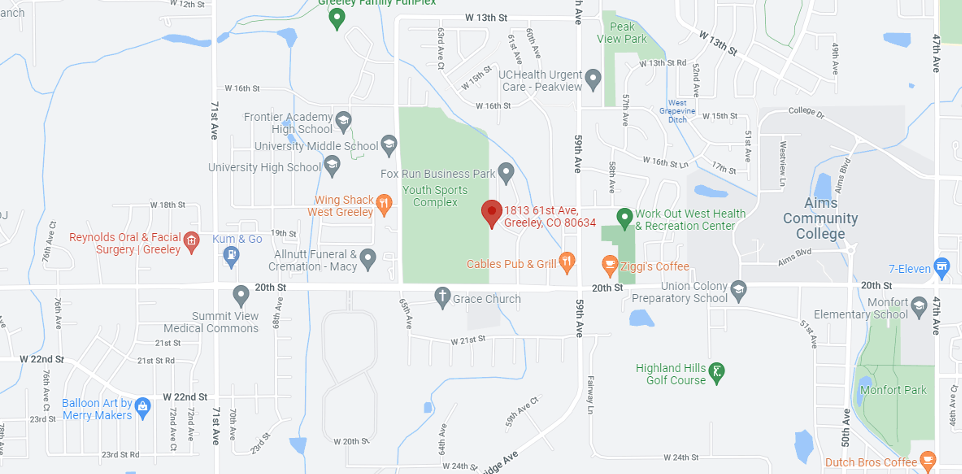Satisfying a Sweet Tooth
August 22nd, 2024

Time for some sweet talk! Many studies have been done to figure out why we enjoy sugar so much. Is it brain chemistry? Is it blood sugar getting a bit low? Is it our bodies craving a quick burst of energy?
It’s probably all of the above and more besides. After all, our biochemistry makes use of sugars on a cellular level. The carbohydrates in our diet break down into sugars, and these sugars are the body’s preferred source of energy.
Problems arise when we get too much of a good thing. There’s a difference between the carbs we need to fuel our bodies and the sugars we add to foods for flavor. Too many added sugars in the diet are linked to a number of medical conditions, including obesity, diabetes, heart disease, even prematurely aging skin.
And, of course, a sugar-heavy diet has a direct effect on your oral health.
There’s no way to sugar coat it. Plaque is mainly composed of bacteria, which feed on sugars. As they digest sugar, they produce acids. These acids attack our enamel, dissolving the calcium and phosphorus minerals which keep it strong. Weakened enamel leaves teeth vulnerable to decay, and decay creates cavities.
It’s natural to want a sweet treat every now and then, but without some attention, it’s easy to go overboard with added sugars and empty calories. If you’re searching for a middle way, balancing your love for sweet things with your love for cavity-free checkups, read on!
Be Choosy
- Check and compare labels for added sugars. You’ll be surprised how many foods have a high sugar content, even such health-oriented foods as flavored yogurts, sports drinks, fruit drinks, and protein bars.
- Consider the (sugar) source. White and brown table sugars and syrups break down easily as we’re eating them, adding empty calories which provide little nutrition, and increasing acidic conditions in the mouth.
Fruits, on the other hand, provide vitamins, minerals, antioxidants, and fiber along with their natural sugars. Switch out cookies, cakes, and pastries and their processed sugars for fruit when you crave something sweet.
- Chocolate lovers, don’t despair! It’s true, unless you’re eating 100% cocoa, you are probably getting added sugar in your candy bar. But dark chocolate is rich in antioxidants, iron, zinc, magnesium, and other essential minerals, too. When you indulge in chocolate, give dark chocolate a try.
- Not all candies are created equal! Soft candy bars and candies are healthier for your teeth than sticky or chewy confections, which tend to remain on your enamel for quite some time. Choose a treat that won’t stick with you.
Watch Your Timing
- If you must snack during the day, it’s better to choose foods without a high sugar content. Bacteria use sugars to produce acids right away. Saliva can neutralize acids in the mouth, but it takes at least 20 minutes for the process to start.
More meals mean more sugar, more acid production, and more time for these acids to cause their damage. That’s why we also suggest you . . .
- Eat your favorite dessert with a meal instead of waiting until later. You’ll be able to enjoy it even more knowing you’re limiting your exposure to harmful acids.
- Taking your time is not a good idea when it comes to sweets. We don’t mean you should gobble your food. We do mean that taking sips of sugary beverages throughout the day, or sucking on slowly dissolving candies, gives you a lot more exposure to sugar over a longer period of time.
Small Changes Can Make a Big Difference
- Drink water after enjoying something sweet to help wash away and dilute sugar.
- Straws protect your teeth from a sugar-bath if you are drinking sodas, sweetened energy drinks, or other sugary beverages.
- Sugar-free gum provides a burst of sweet flavor without added sugar. And even better? Chewing gum increases saliva, washing away food particles and acids and bathing teeth in enamel-strengthening minerals.
It’s natural to appreciate a sweet treat every now and then. If you’re not ready for a completely treat-free life, talk to Drs. Kevin and Kami Marr at our Greeley office about the best ways to have your cake and eat it—or even better, to recommend healthy substitutes to satisfy your sweet tooth.



